UG and PG programs | B.E – CET : E139 | M.Tech – PGCET : T962 | MBA – PGCET : B186
The Bachelor of Engineering in Computer Science & Engineering (Data Science) is a specialized undergraduate program. Data Science is an interdisciplinary field that employs scientific methodologies, techniques, and algorithms to transform vast datasets into actionable insights. It integrates principles and practices from mathematics, statistics, and computer science to offer computational solutions for real-world challenges abundant in data.
This specialization equips students with proficiency in the tools and systems utilized by Data Science Professionals, enabling them to develop intelligent models across various domains within Computer Science.
We provide a 4-year B.E. program in Data Science, encompassing core computer science courses alongside essential subjects related to Data Science. This program facilitates the acquisition of fundamental knowledge and skills in mathematics, network security, computer vision, programming, communication networks, and Data Science.
To offer high-caliber technical education in computer science and engineering, as well as data science, by fostering an innovative and technologically resilient learning environment.
To nurture an industry-friendly environment by furnishing cutting-edge infrastructure to thrive in a data-driven world.
To empower students to deliver innovative and cognitive solutions leveraging their data analytical skills and advancements in high-performance computing.
To promote individuals with a strong sense of integrity and social responsibility.
To serve as a hub of excellence in Artificial Intelligence and Machine Learning, offering high-quality education and research that addresses the demands of both industry and society.
ICEAS
It is a 4-year undergraduate engineering program focused on data analysis, programming, machine learning, statistics, and building intelligent systems using data to solve real-world problems.
Students develop skills in:
Statistical analysis
Machine learning model development
Data cleaning & preprocessing
Programming (Python, R, SQL)
Data visualization (Power BI, Tableau)
Big data processing
AI-based problem solving
Cloud deployment
Communication & reporting of insights
Graduates can work as:
Data Scientist
Data Analyst
Machine Learning Engineer
AI Engineer
Business Intelligence Analyst
Data Engineer
Big Data Developer
NLP Engineer
Cloud Data Architect
Yes. Data Science is one of the top emerging technologies globally, with industries relying heavily on data-driven decision-making. This field offers high salaries and long-term career growth.
Yes. Basic programming in Python, R, and SQL is essential. However, beginners learn coding from the foundation level.
Data Science graduates are in demand across:
IT & Software Companies
Finance & Banking
E-Commerce
Healthcare
Retail & Marketing
Telecom
Manufacturing & Automation
Government Data Departments
Start-ups
Consulting Firms
Lorem ipsum dolor sit amet, consectetur adipiscing elit. Ut elit tellus, luctus nec ullamcorper mattis, pulvinar dapibus leo.

MBA Students Industrial visit to Bangalore Metro stations(25-08-2023) to know the startup issues – Entrepreneurship opportunities and Challenges
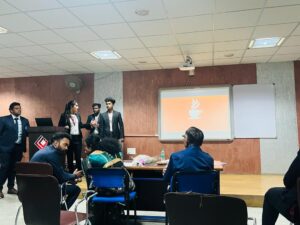
MBA students Participated in the “Business plan-Inter collegiate competition” -ideate 2023 held in Koshys college(28-09-23)-To orient on Business Planning and Launching an Enterprise
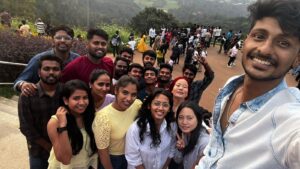
Industrial visit to Coorg Coffee Estate -to make the aware Coffee industry and opportunities(27-29, October 23)
ICEAS
Welcome to the ICEAS Admission Cell. Please fill in the application form below, ensuring all mandatory details are completed. Submit the form, and our team will contact you.
ICEAS
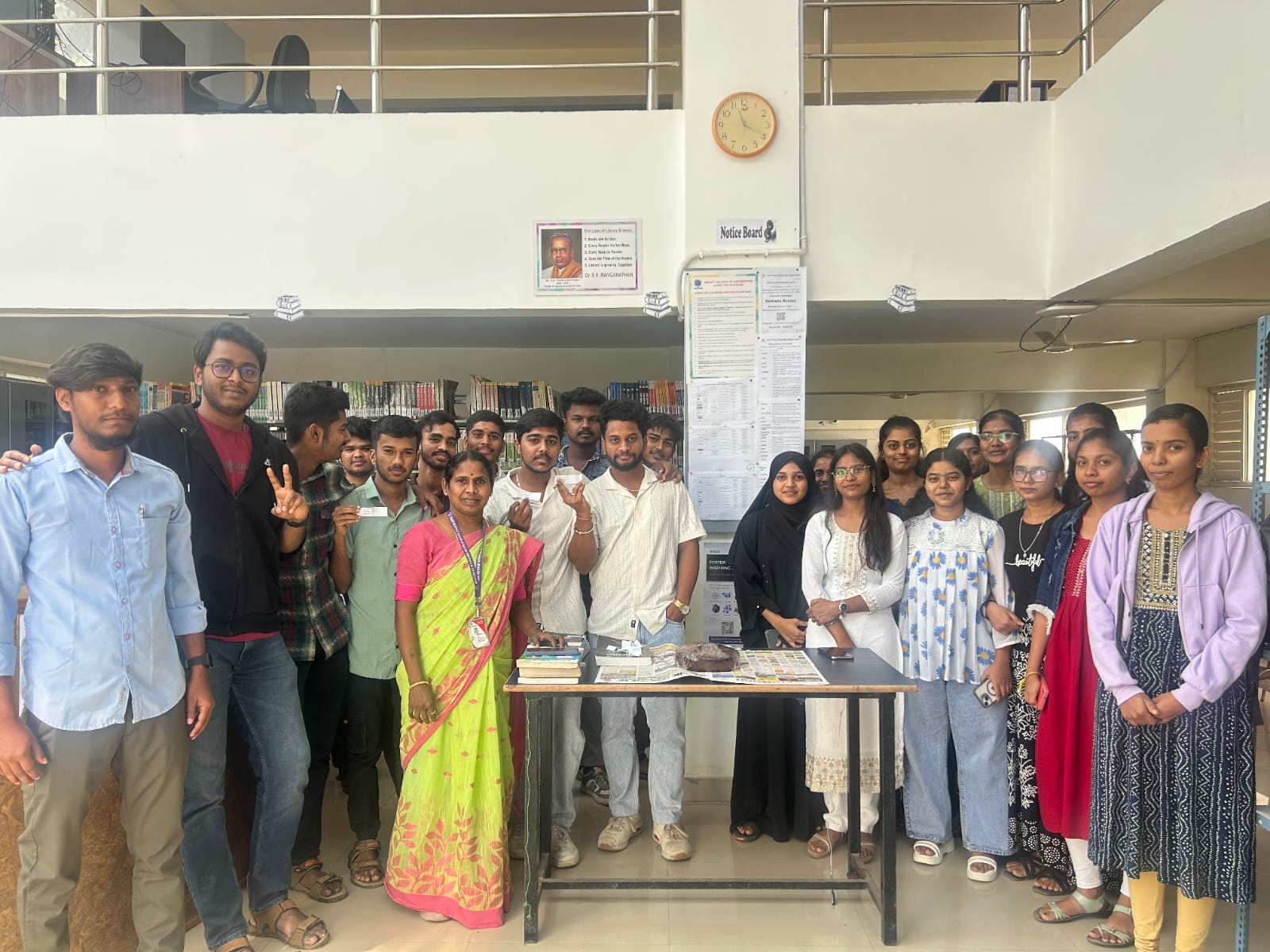
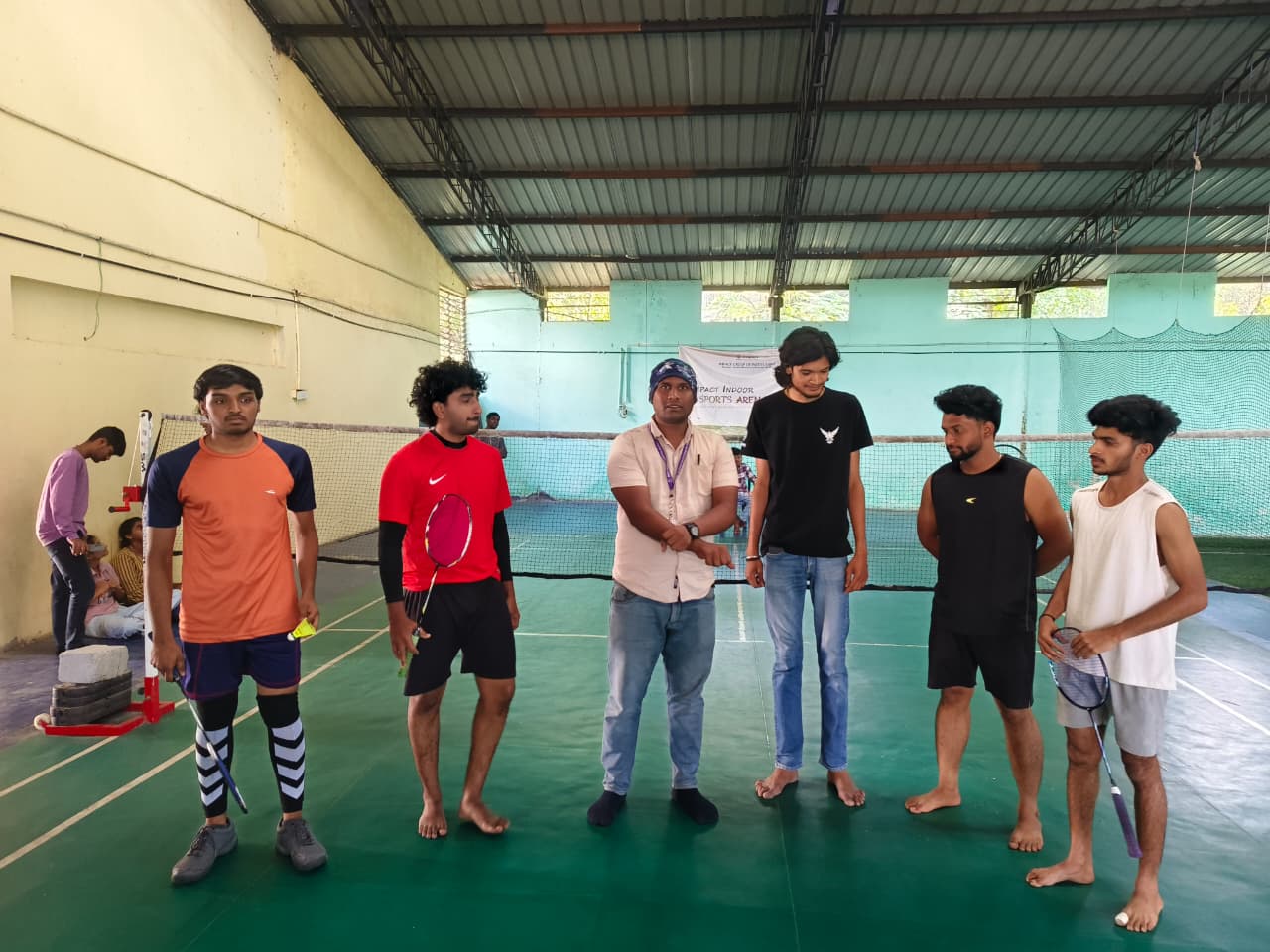
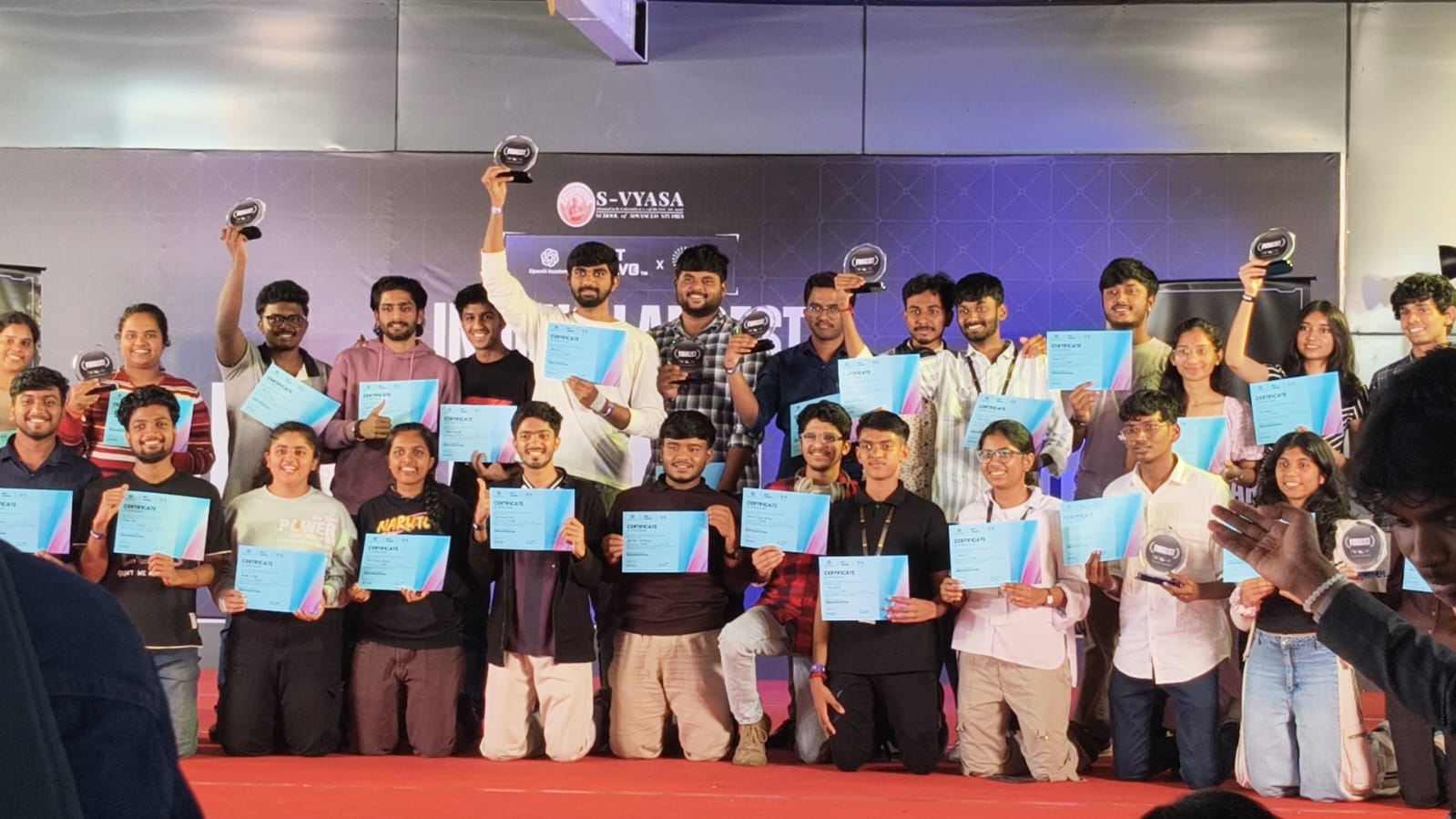
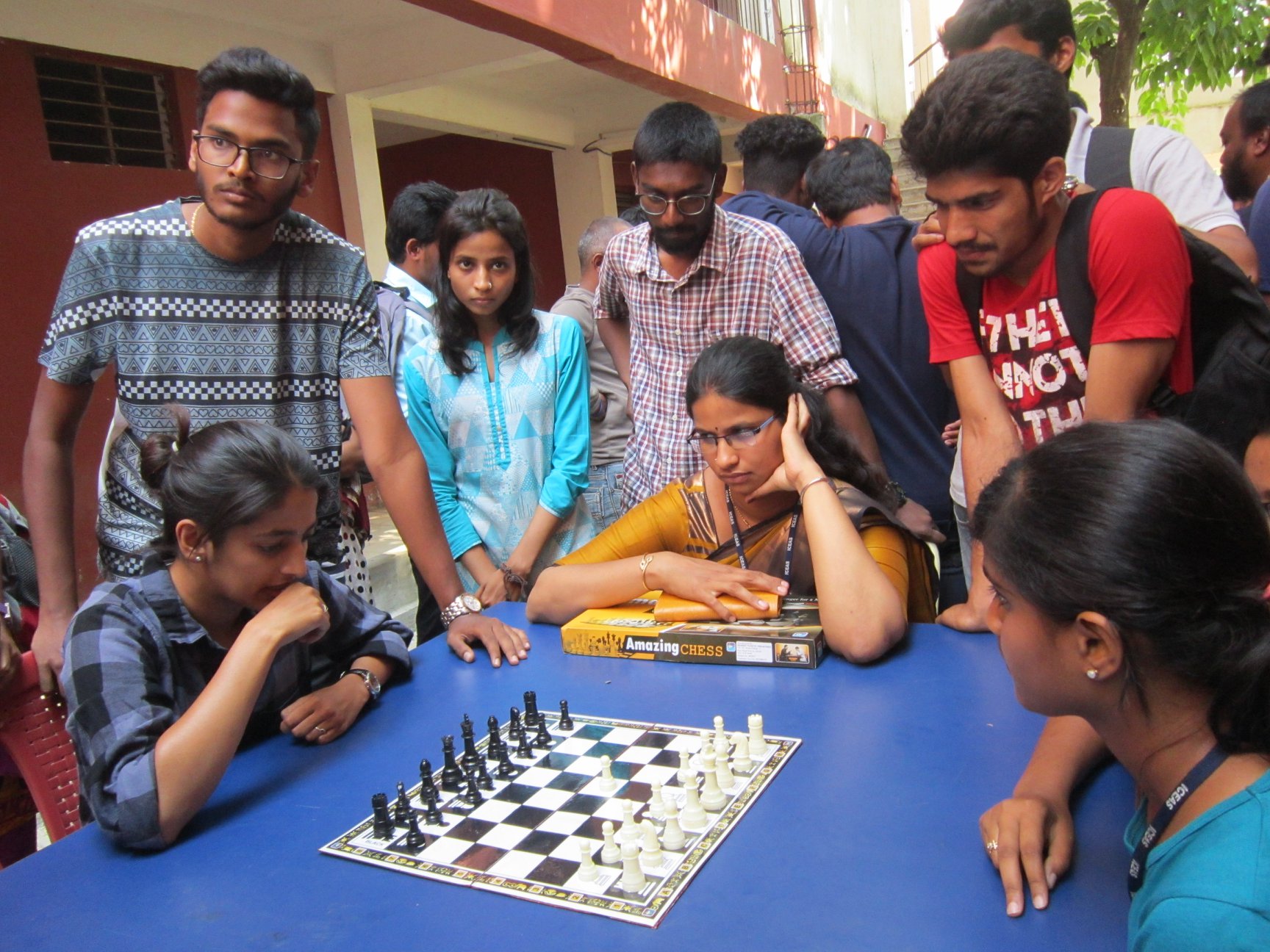
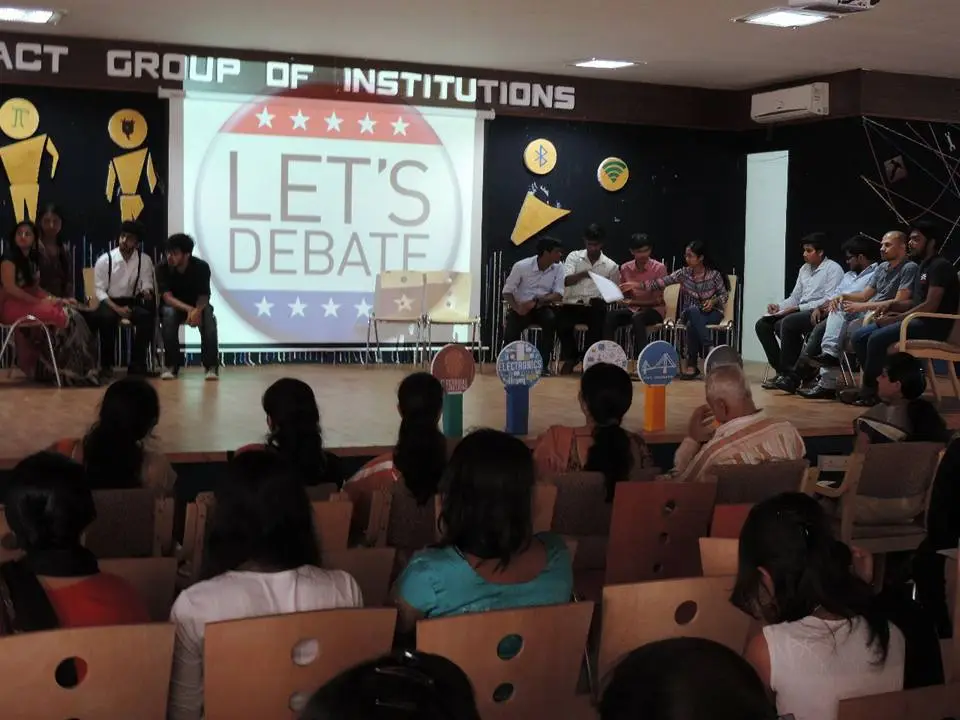
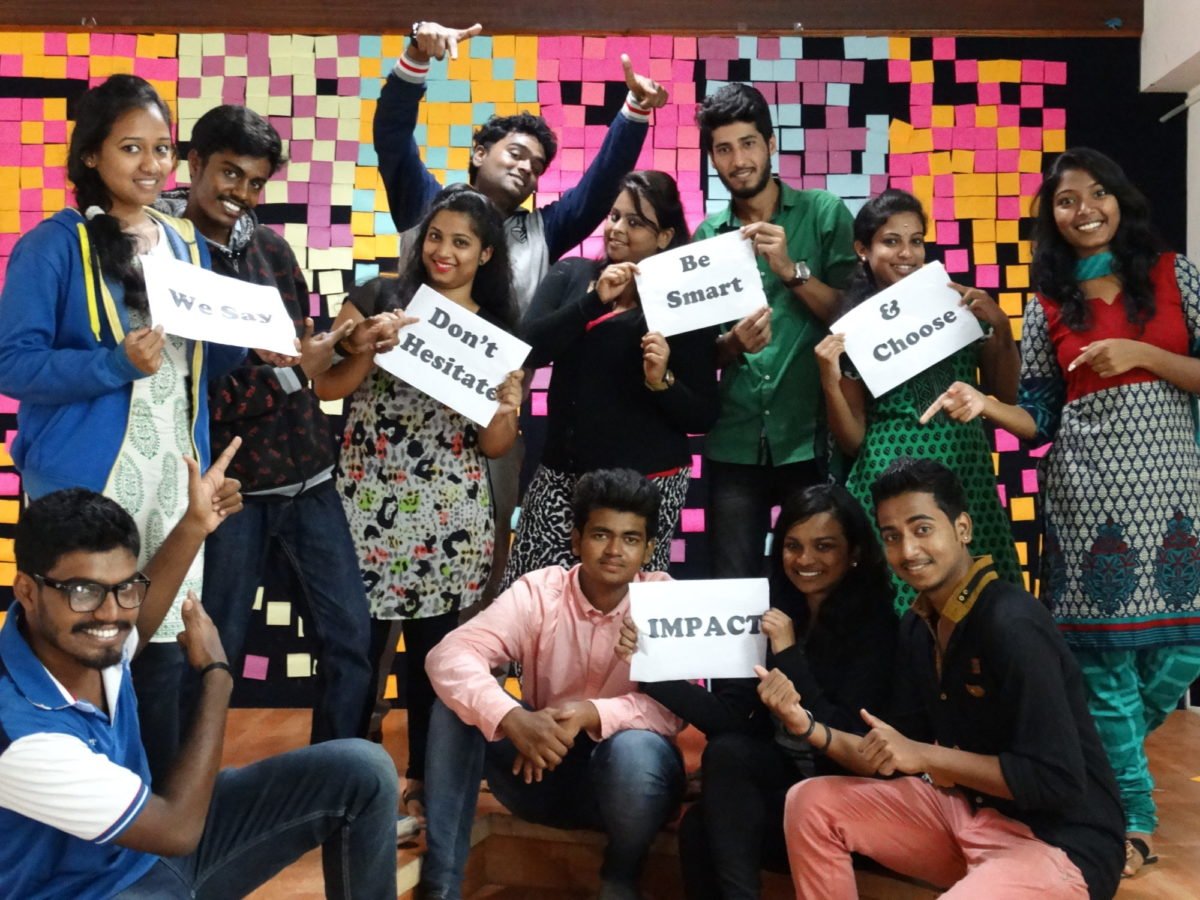
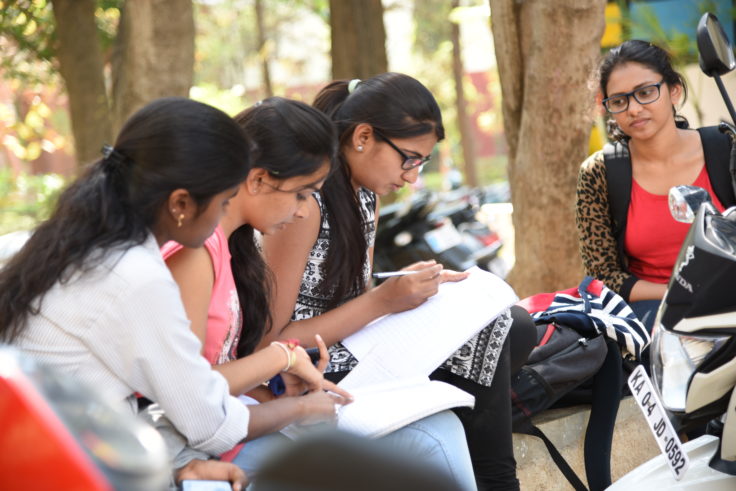
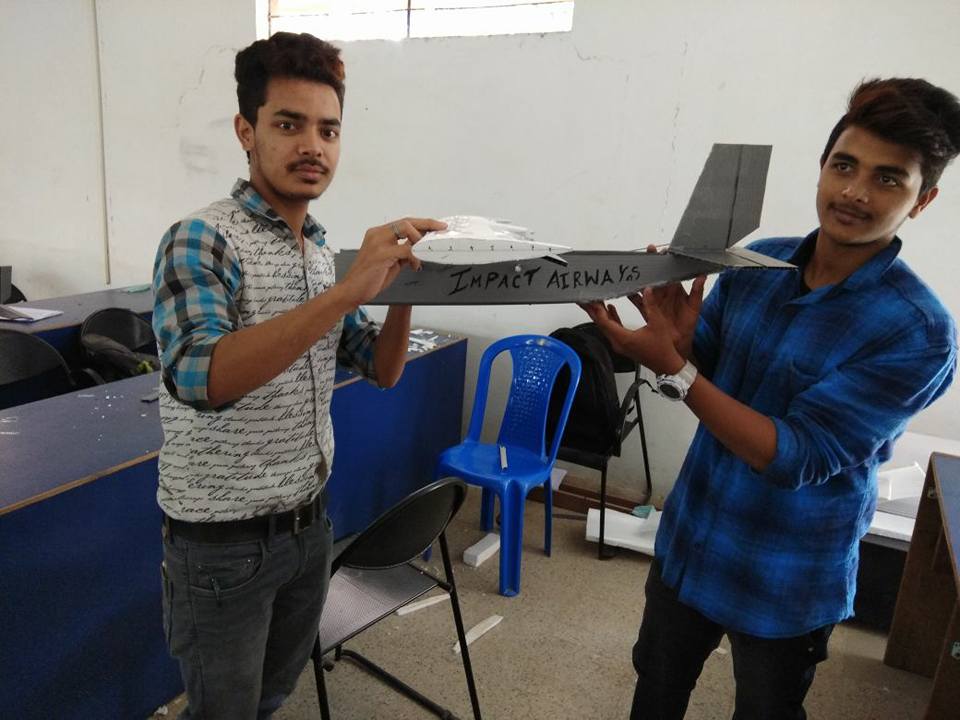
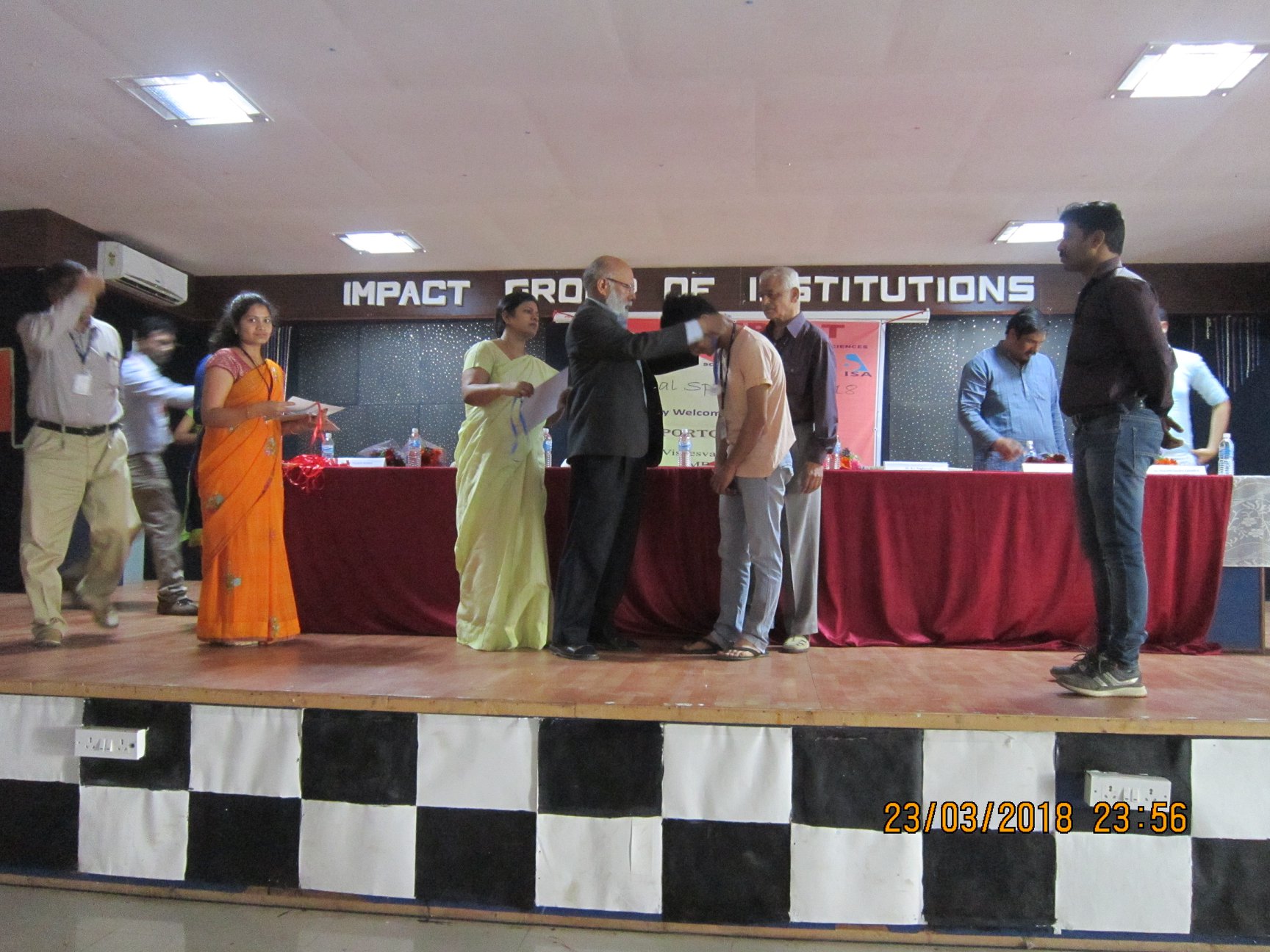
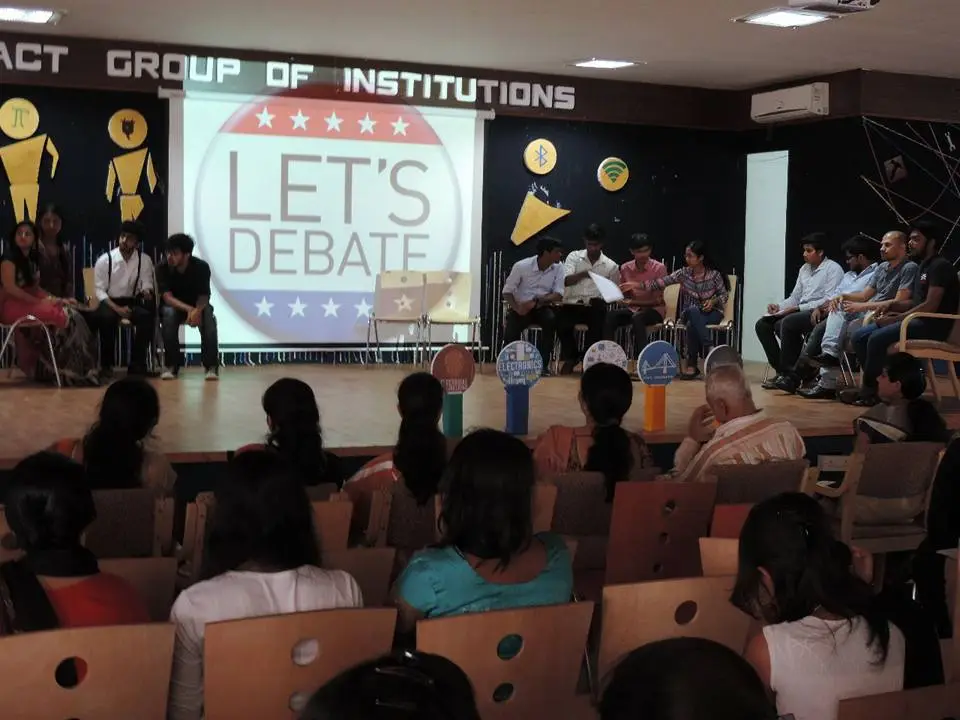




"*" indicates required fields